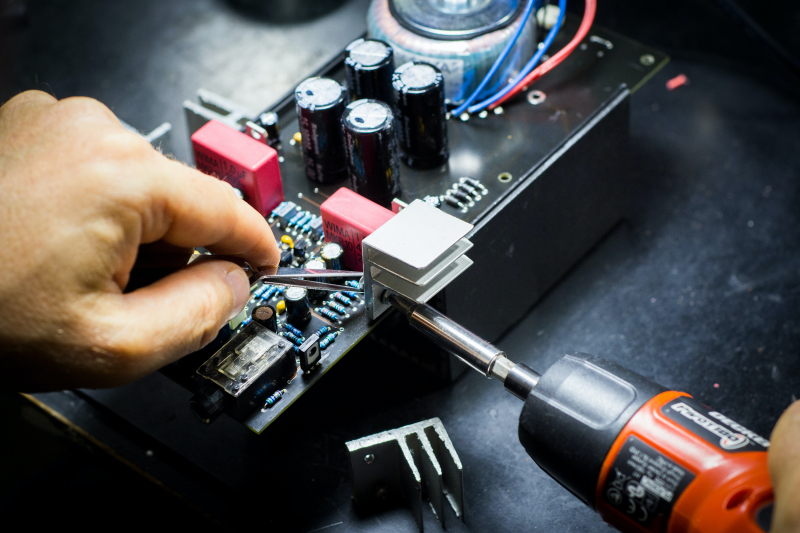Compatibility
In the ever-evolving world of computer systems, the Compatibility between the Unified Extensible Firmware Interface (UEFI) and Basic Input/Output System (BIOS) is crucial. UEFI is a newer firmware interface that has replaced the traditional BIOS in modern computers. It offers various advantages such as improved security, faster startup times, and support for larger disk drives. It establishes a standardized approach to booting and initializing hardware, facilitating seamless compatibility with modern operating systems.
While UEFI is the preferred choice for modern systems, BIOS compatibility is still necessary in certain scenarios. Computers with UEFI firmware have backward compatibility to support devices or operating systems that rely on BIOS. This feature enables users to install multiple operating systems, regardless of their firmware requirements.
UEFI introduces features like Secure Boot, which ensures that only trusted and verified components are loaded during the system startup. Additionally, UEFI provides enhanced system information and diagnostic tools that can aid in efficiently troubleshooting any compatibility issues.
Updating the BIOS firmware is an essential process to maintain compatibility and ensure optimal system performance. Manufacturers regularly release BIOS updates to fix bugs, improve compatibility, and add support for new hardware.
Understanding the compatibility aspect between UEFI and BIOS is key to effectively utilizing modern operating systems. While UEFI provides numerous benefits, BIOS compatibility is essential for a smooth experience when dealing with older devices or operating systems. Keeping firmware up to date plays a crucial role in maintaining compatibility and ensuring a stable computer system.












